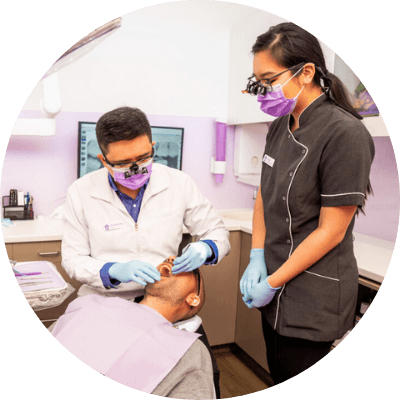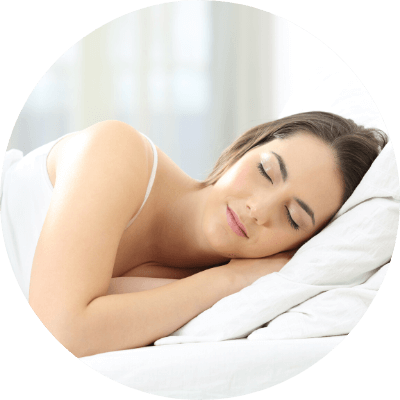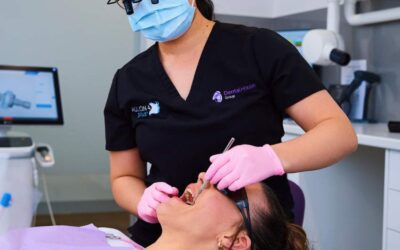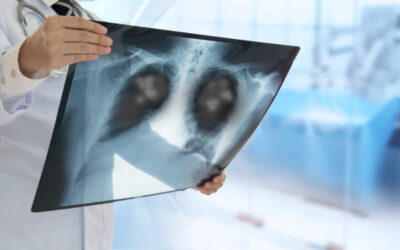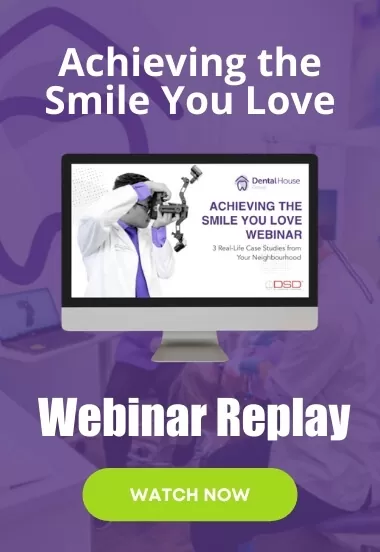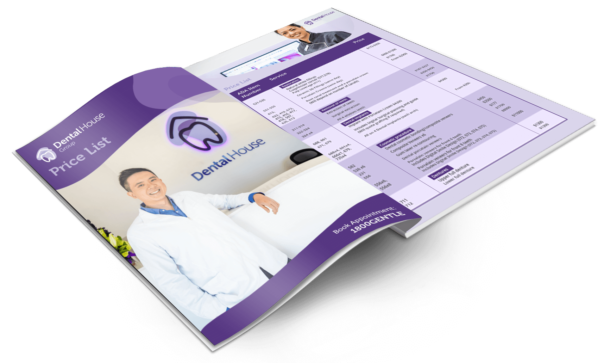What Is Dental Sleep Medicine? It’s Not Sleep Dentistry
What Is Dental Sleep Medicine? It’s Not Sleep Dentistry
All of these conditions are impacted by what is happening within our oral cavity and the related pathways. Therefore, it make sense that dentists would get involved in trying to make things better in this regard. The fragile modern human needs her or his sleep and the snuffling thunder of the snorer can make life hell for their bed partner. It is also largely unhealthy for the snoring trumpeter via their own trouble with breathing whilst sleeping.
“The dental discipline “dental sleep medicine” is highly multidisciplinary and demands a great deal of specialist medical know-how of those who work in it, for example, in the fields of ear, nose and throat specialization, neurology, pulmonary diseases, internal medicine and psychiatry. This challenging area is of particular interest to oral and maxillofacial (OMF) surgeons, orthodontists, oral medicine and oral pathology specialists, orofacial pain specialists and dentists specializing in dental sleep medicine, while medical doctors also need a broader knowledge of dental sleep medicine in the interest of providing the best possible patient care in interdisciplinary settings.”
– Lobbezoo F, de Vries N, de Lange J, Aarab G. A Further Introduction to Dental Sleep Medicine. Nat Sci Sleep. 2020 Dec 14;12:1173-1179. doi: 10.2147/NSS.S276425. PMID: 33363423; PMCID: PMC7754253.
Sleep Insurgents, Snorers, & Medicinal Solutions
There is no silver bullet when it comes to slaying the snore. This monster of our very real nightmares continues to terrorise relationships from east to west and north to south. Our parents used to tell the story to the unhappy co-inhabitants of their futon that snoring was early humankind’s way of deterring predators at night. The amplified sounds of snoring from within the home cave kept the wild animals away, as they associated such loud noises with a much bigger creature. Eventually, however, the charm of this foundational myth would be worn away by the relentless nature of any partner’s snoring. Thousands have tried nose clips and other devices over the years. Eventually, changing one’s diet to cut out vices like smoking and drinking alcohol became a way forward in many personal battles with snoring. Dental sleep medicine and other surgeries seem to many a tad too drastic. Celibacy and the solo lifestyle pathway become a more credible solution for many in the end.
“Dental Sleep Medicine is the discipline concerned with the study of the oral and maxillofacial causes and consequences of sleep-related problems.”
“This definition makes clear that the area focuses on a range of problems in which dentistry can (or must) play a role. But the ultimate credit goes to Lavigne et al who, already more than two decades ago, wrote a publication on this discipline entitled “Sleep disorders and the dental patient”. They counted the following as forms of dental sleep disorders: snoring and OSA, orofacial pain in relation to sleep problems, sleep-related xerostomia and hypersalivation, sleep-related gastroesophageal reflux disease (GERD), and sleep-related bruxism.”
– NCBI.gov
Dentists are looking inside oral cavities on a daily basis and they are treating and dealing with many of the problems associated with things like bruxism and dry mouth. It made sense, therefore, to get involved in the whole sleep side of things as it pertained to the oral cavity. Put more simply, bad things can happen to your teeth and gums whilst you are sleeping. Sleep is the time when the body can maintain itself and heal without energy being expended on consciousness and physical activity. If that sleep time is hampered by breathing disorders and teeth grinding it is not in anyway optimal for the patient. If something can be done about it to improve this state of affairs, well, dentists seem well placed to do so.
Slouching Into Sleep Via Intoxicants & Bad Behaviours
The sad truth of the matter is that too many people find sleep via drinking themselves into a state of oblivion or using drugs in the same manner. The wound-up, 24/7 nature of the modern world contributes to this state of affairs. Technology has everyone on the go, non-stop, watching screens and listening to stuff. Rest and relaxation are not promoted like entertainment and stimulants are. Many do not know how to unwind and turn off without the aid of drink and drugs. This sets up a bad array of factors for our oral health and our minds. We do not know how to switch off in healthy ways. We become addicted to the constant buzz of attention to data. Communication is never ending via mobile phones and computers. Streaming services never stop streaming their online content to devices. Sleep becomes the poor relation in this busy world. The consequences of this are a whole host of health issues now and down the track for many of us.
Insomnia
Insomnia is a real problem for many millions of people on planet earth. Getting to sleep is hard because of overstimulation via chemical and sensory means. Some of us cannot sleep due to things like orofacial pain. It has been reported that as many as 22% of the adult population in America experience orofacial pain in one guise or another. This can be dentoalveolar in form, musculoskeletal, neuropathic, or vascular. Surgery is often the answer for these very painful conditions.
Sleep Apnoea
Obstructive sleep apnoea involves an obstruction in the collapsible section of the upper airway. Something like around a quarter of the general population suffer from this issue. The aetiology of obstructive sleep apnoea can be multifactorial, which includes anatomical, biological, and behavioural causes. Extreme fatigue for sufferers from lack of restful sleep can result in serious life threatening outcomes. Deep sleep medicine via the dentist can be involved in the fabrication of mandibular advancement appliances. Other issues can be identified such as large tongue, enlarged tonsils, and retrognathic mandible.
Xerostomia or Dry Mouth
Dry mouth is a common complaint for mouth breathers and heavy snorers. Sleeping with an open mouth can cause dry mouth, which can result in gum disease and other bacterial infection problems negatively affecting oral health. The interconnected nature of the issues within dental sleep medicine impact upon a variety of dental care and health care problems more broadly.
Hypersalivation
Hypersalivation is the production of too much saliva. This revolves around the fulcrum of the frequency of swallowing. The amount of swallowing is lower during sleep than waking hours. Whilst asleep most of us swallow around three times an hour. Whereas when awake the rate is around once every two minutes. A sign of hypersalivation is wet pillow. Waking with a wet pillow or bed linen can indicate the prevalence of hypersalivation. It can ultimately cause aspiration, leading to coughing and even suffocation.
Sour Taste In Mouth
Gastroesophageal Reflux Disease is a retrograde flow of stomach acid into the distal oesophagus. This can reach the oral cavity. Sufferers report heartburn and a sour taste in the mouth. They can experience a choking/suffocating sensation, which can be frightening.
Bruxism
Bruxism or the grinding of teeth in your sleep has been defined as a repetitive masticatory muscle activity. It has been related to stress conditions in individuals. It is also exogenous in nature due to vices like smoking and imbibing alcohol.
Dental Sleep Medicine Conclusions
If we are to take something conclusive away from this foray into dental sleep medicine – it would be that sleep really matters. As human beings, we have always underestimated and undervalued the role sleep plays in our lives. In the current uber busy zeitgeist, sleep has never been a more distant shore. Therefore, dental sleep medicine has a crucial part to play as sleep issues become more and more prevalent within our populations. In a waking world where we are regularly assailed by fake news and the fakeness of AI threatens our very conception of reality, the mirror realm of sleep is where we cannot fake who we are. It may just be the touchstone of salvation for humanity on this basis.
DISCLAIMER:
The content has been made available for informational and educational purposes only. Melton Dental House does not make any representation or warranties with respect to the accuracy, applicability, fitness, or completeness of the content.
The content is not intended to be a substitute for professional personal diagnosis or treatment. Always seek the advice of your dentist or another qualified health provider with any questions you may have regarding a dental or medical condition. Never disregard professional advice or delay seeking it because of something you have read or seen on the Site.
Services Mentioned
More Dental Articles
Red, Red Wine: Is It Beneficial For Oral Health?
Is red, red wine beneficial for our oral health? Or does it just feel good at the time & if you overdo it you feel like cr*p the next morning…
Detecting Oral Cancer Is Given The Brush
In 2020, Oral Cancer accounted for almost 380,000 cases, and 180,000 deaths globally. It’s on the increase with diagnosis incidents…
Could The Surge In Pneumonia In Children Be Related To Their Teeth Brushing?
Kids and teenagers are not self-maintaining, and nor is their oral health. Teeth brushing: spend time with it frequently…
What Does Teledentistry Bring To Oral Health?
Tele. Such an interesting prefix. It communicates; it tells you. It’d probably be a homonym or a homophone or a homograph something like that if it wasn’t a prefix. At one time, it was a word. ‘Tele’ was the accepted spelling of the contraction of ‘television’ before...




